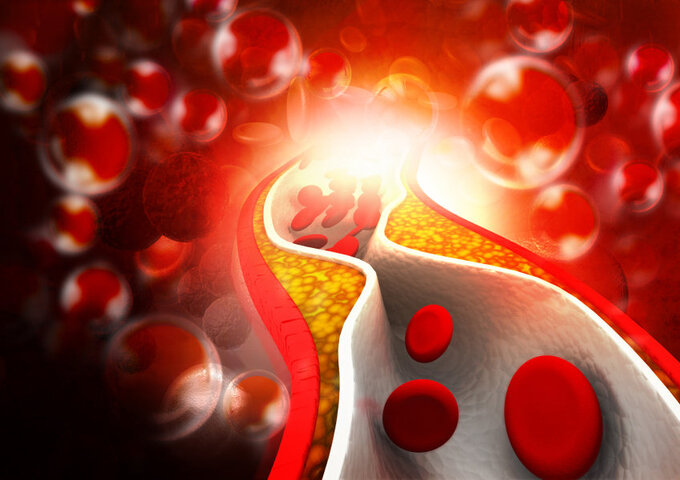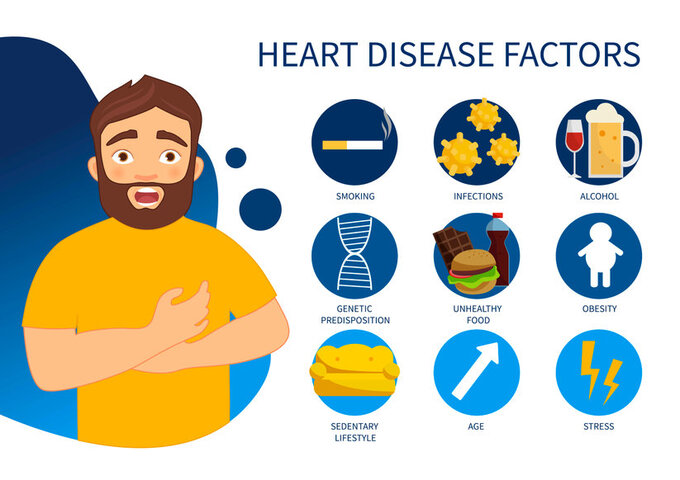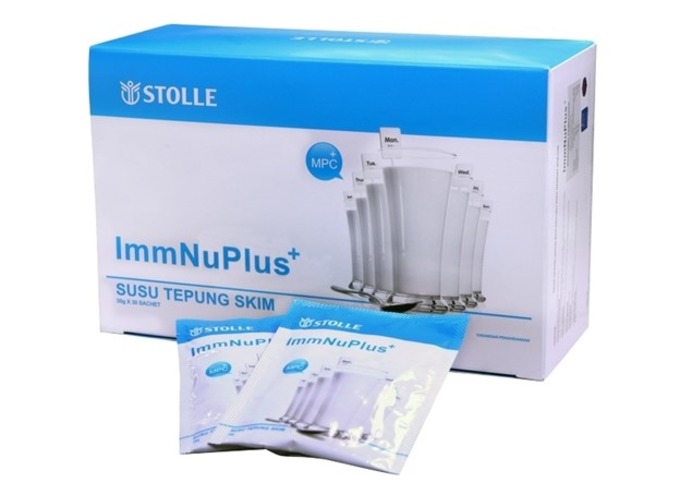
| Let's Get To Know The Connection Between Heart Disease and Cholesterol |
|---|
|
Cholesterol is a fatty substance that the body needs to make hormones, vitamin D and bile acids to aid digestion. Cholesterol is also needed to build and maintain the outer wall of cells. Your body makes some cholesterol (mainly in the liver), and some comes from the food you eat. Put simply, cholesterol is essential for life!
However, excess cholesterol can form plaque between layers of artery walls, making it harder for your heart to circulate blood, increasing your risk of heart disease and other cardiovascular diseases.
You may not feel any signs of having high cholesterol, it is therefore important to have your cholesterol levels regularly checked as well as taking the right heart supplement has to offer!
In this article, we'll explore what's the relationship between cholesterol and heart diseases, its causes and risk factors, as well as what's the best supplement for high cholesterol in the market can find!
Cholesterol is a fatty substance which cannot dissolve in your blood (like oil and water), so it is carried around by proteins. These fat (lipo) and protein molecules are called lipoproteins, which are split into two main types:
LDL (Low Density Lipoprotein) is the ‘bad’ cholesterol – increases the risk of cardiovascular disease.
HDL (High Density Lipoprotein) is the ‘good’ cholesterol – helps to protect against cardiovascular disease.
If there is too much LDL cholesterol in the blood, it can deposit in the walls of your arteries, giving rise to cardiovascular disease. These deposits are known as plaque or atheroma, and the process is called atherosclerosis.
Over time, this will form plaque that causes the arteries to narrow and eventually become blocked. This causes a lack of oxygen to the part of the organ supplied by the artery and will result in tissue damage. Plaques can also rupture, forming a blood clot, which rapidly blocks the artery.
Depending on how severe it is, this can cause:
angina or heart attacks if it occurs in the heart (known as heart disease, coronary heart disease (CHD) or coronary artery disease (CAD)
a stroke if it occurs in the brain
other circulation problems (peripheral artery disease) if it occurs in other parts of the body
Hence, the higher your LDL cholesterol, the greater your risk of getting cardiovascular disease.
You are more likely to get cardiovascular disease if you:
Have high LDL cholesterol (‘bad’ cholesterol)
Have low levels of HDL cholesterol (‘good’ cholesterol)
Have high levels of triglycerides
Have diabetes
Have high blood pressure
Are overweight or obese
Eat a poor diet (diet high in saturated and trans fats)
Do little physical activity
Smoke
Consume excess alcohol
These are modifiable risk factors (can be changed by lifestyle and/or medication). Otherwise, unmodifiable risk factors include:
Age (cholesterol increases with age)
Gender (females are somewhat protected from cardiovascular disease by their female hormones prior to menopause, but after menopause, tend to catch up with men)
Genetics, family history (other family members with cardiovascular disease) and ethnic origin (certain groups of people have higher rates of heart disease)
For most of us, the best way is to actively practice a healthy lifestyle. While it's easier said than done, a healthy lifestyle can be argued to be one of the most effective ways to reduce your risk of heart disease from cholesterol.
Have a moderate diet that's rich in fruits and vegetables
Regular exercise and maintenance of a healthy weight
Enjoy alcohol in moderation with less frequency
Quitting the habit of smoking
Ensure you're always getting enough sleep and minimize your daily stress
Alternatively, you can try ImmuNuPlus, one of the best heart supplements out there in the market.
ImmNuPlus by Stolle isn't merely a nutrient-rich product that contains the needed nutrition for your body's immune system. It gives you hard-to-find complex bioactive factors that are clinically proven to improve your quality of life and balance your body's immune system.
With patented bioactive factors such as specific IgG , secretory IgA, lactoferrin and anti-inflammatory properties, it can help lower your body's cholesterol levels and directly support your body's immune system.
With Stolle ImmNuPlus, you can ensure you and your loved ones are kept one step ahead of any illnesses with a healthy lifestyle via nutrient-rich products! Try it now - download our brochure.
|










































